
Kevin Johnson, David L. Cohen University Professor, contributed to a new report with guidelines on incorporating AI in health care.

Kevin Johnson, David L. Cohen University Professor, contributed to a new report with guidelines on incorporating AI in health care.

The University of Pennsylvania’s chapter of the Biomedical Engineering Society (BMES) has been recognized nationally with the Commendable Achievement Award, the second-highest honor given to … Read More ›
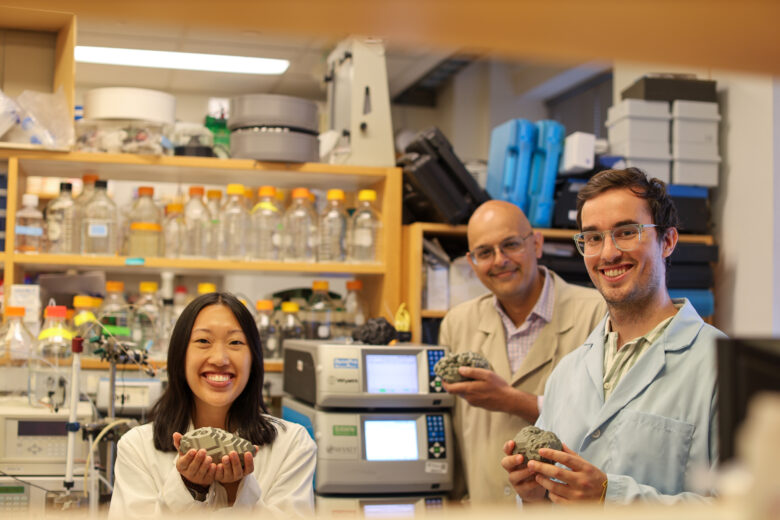
Lipid nanoparticles (LNPs) are the delivery vehicles of modern medicine, carrying cancer drugs, gene therapies and vaccines into cells. Until recently, many scientists assumed that … Read More ›
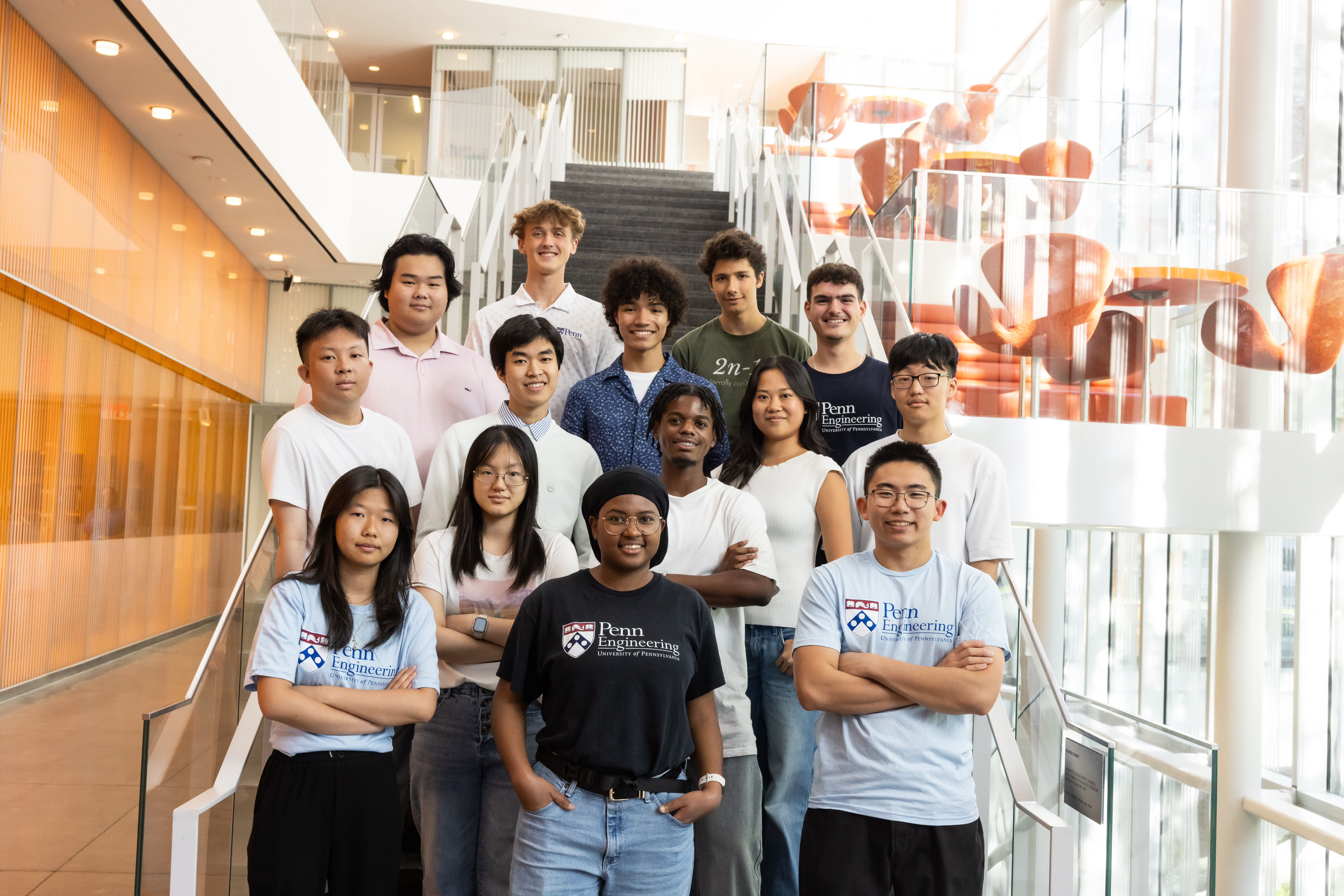
For Amehja Williams (EE’26), who dreams of going to Mars, engineering is about more than technical prowess. Last year, as a NASA-Partner Eclipse Ambassador, she … Read More ›

What if generative AI could design life-saving antibiotics, not just art and text? In a new Cell Biomaterials paper, Penn researchers introduce AMP-Diffusion, a generative … Read More ›
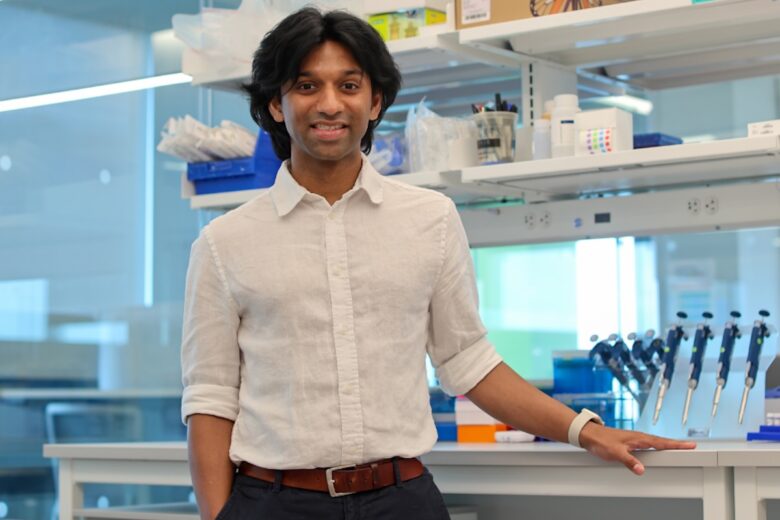
A study published in Nature Biotechnology reveals a powerful new use for artificial intelligence: designing small, drug-like molecules that can stick to and break down harmful proteins … Read More ›
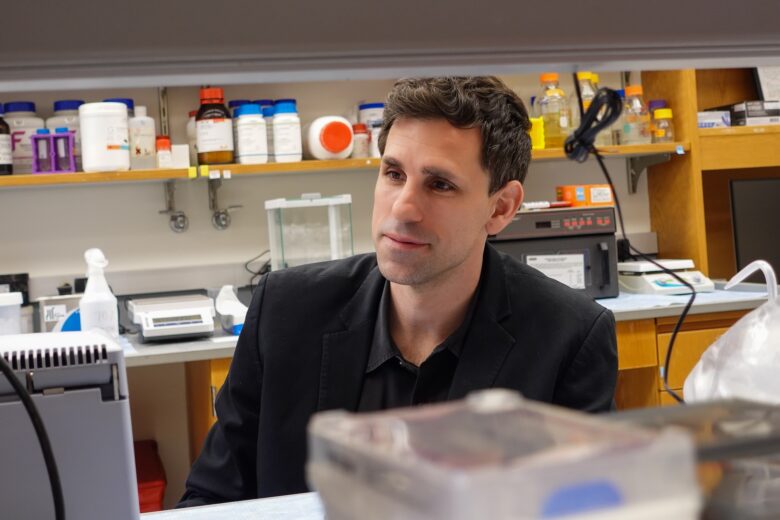
They’ve survived for billions of years in boiling acid, deep-sea vents and salt flats. Now, some of Earth’s oldest life forms — microbes called Archaea … Read More ›

Red blood cells, long thought to be passive bystanders in the formation of blood clots, actually play an active role in helping clots contract, according … Read More ›

Snake, scorpion and spider venom are most frequently associated with poisonous bites, but with the help of artificial intelligence, they might be able to help … Read More ›
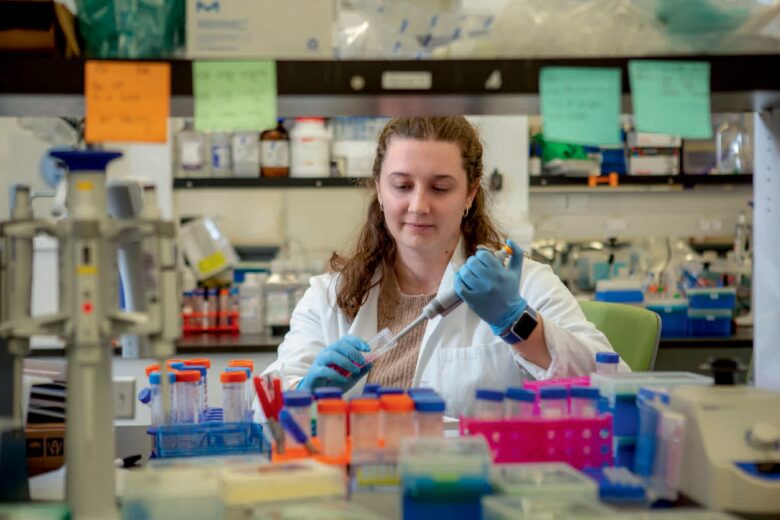
Kelsey Swingle (GrENG’25) has made a remarkable leap from doctoral training at Penn to a tenure-track faculty position at Rice University. Her pioneering work on … Read More ›